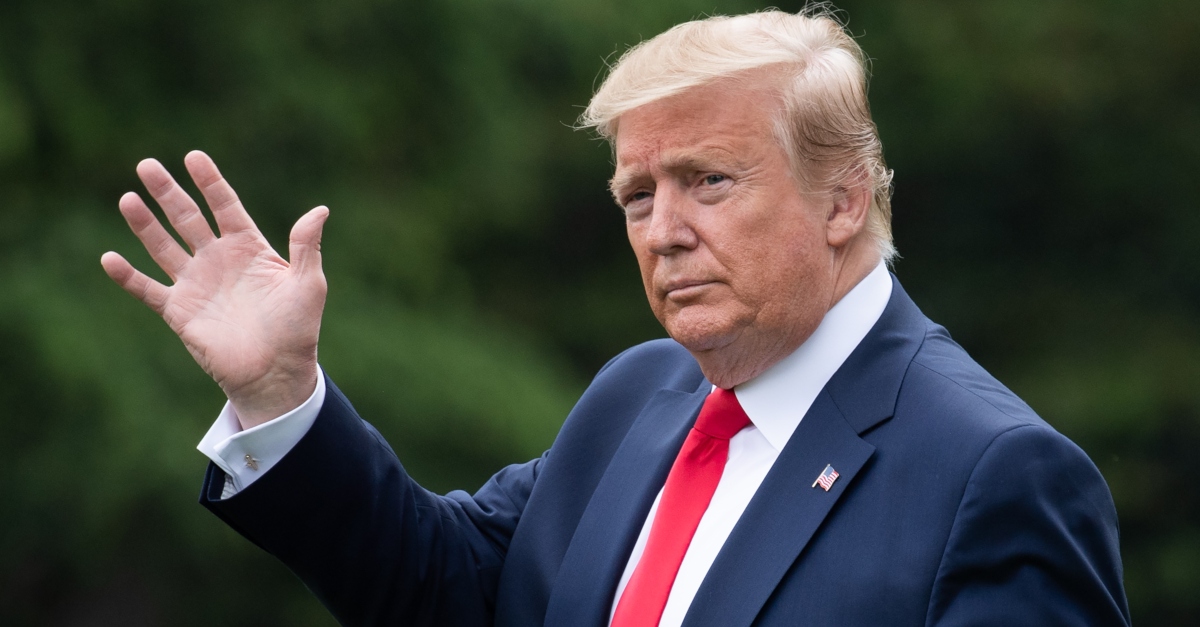
A federal judge in Washington on Tuesday denied President Donald Trump’s attempt to delay a lawsuit brought by over 200 members of the House of Representatives. The lawsuit alleges that the president has been personally profiting off of his office in violation of the U.S. Constitution’s Emoluments Clause.
In a 12-page order, U.S. District Judge Emmet G. Sullivan, a judge appointed to the bench by President Bill Clinton, declined to allow an appeals court to review his previous ruling. This means that the case against the president to move forward. You may remember Sullivan as the judge presiding over Michael Flynn’s case.
Lawyers for the DOJ claimed that members of Congress did not have legal standing to sue the president and argued that an appeals court should review Sullivan’s previous ruling, which could result in the scope of the lawsuit being substantially narrowed. The DOJ requested Sullivan allow for an immediate appeal to a higher court due to the case’s “exceptional circumstances.”
In his order, Sullivan wrote that despite bearing the burden of establishing proof of such exceptional circumstances, “the President has made little effort to demonstrate…that ‘an immediate appeal from the [Court’s previous order] may materially advance the ultimate termination of the litigation.’”
As it stands, the parties in the case are now poised to begin the discovery process, meaning the plaintiffs can request financial records and depositions from President Trump and his private businesses.
This is one of several cases currently being brought against the President of the United States involving the rarely litigated Emoluments Clause of the Constitution, which states:
“No title of Nobility shall be granted by the United States: And no Person holding any Office of Profit or Trust under them, shall, without the Consent of the Congress, accept of any present, Emolument, Office, or Title, of any kind whatever, from any King, Prince, or foreign State.”
In his previous ruling, Sullivan noted that the lawsuit against the president alleges that he received payments for hotel rooms and event space from foreign governments, in addition to licensing fees paid by foreign governments and intellectual property rights in China — all without the consent of Congress.
The DOJ has argued that the clause only requires the president to seek congressional approval for accepting gifts from foreign governments, which therefore would not apply to proceeds from private business transactions.
Sullivan’s order also reiterated that the case is currently operating on an abbreviated filing schedule and should be resolved “within six months.”
[image via SAUL LOEB/AFP/Getty Images]